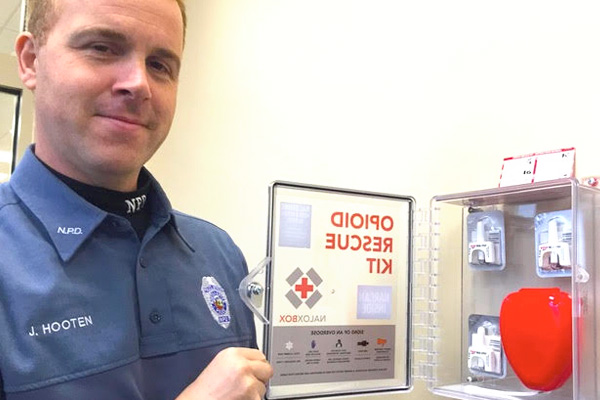Hell hath no fury –
APRIL 2, 2020 – If a police officer responds to an overdose, they’ll try to revive the person with Narcan and leave extra with the family. But they don’t go back again. Instead, recovery coaches are calling clients more often.
“Really trying to make sure that people feel some level of connection to another human being, even if they can’t see them in person, is really important,” Sullivan said.
Drug users can be especially vulnerable to COVID-19. Some are HIV-positive. Others have chronic disease from years of substance abuse or homelessness.
And if they do get the coronavirus, that could make them more susceptible to a fatal overdose, according to Liz Whynott, director of harm reduction at Tapestry Health.
During an opioid overdose, “the person stops breathing, and then if the person already has trouble breathing because of the respiratory infection, that adds a whole other layer of worry,” Whynott said.



